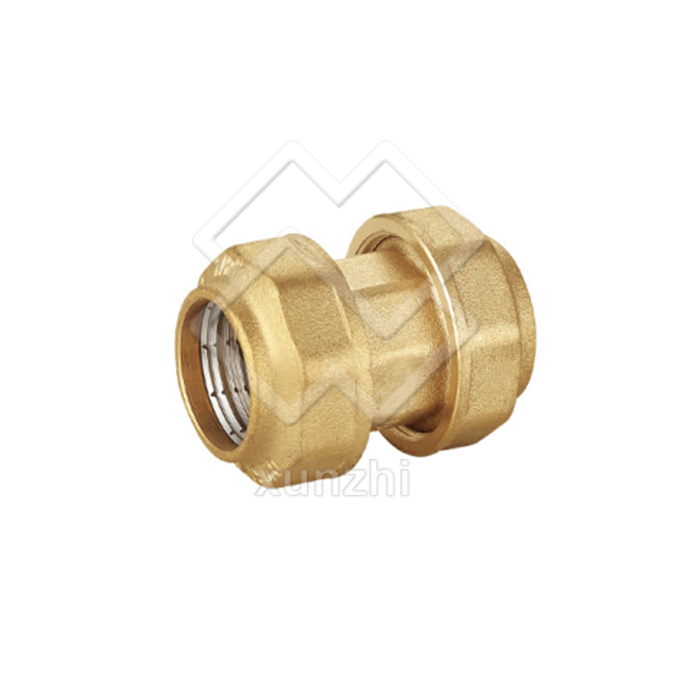If you are a plumber, you probably already know that you have to be extremely careful in sourcing parts, and you have to make sure that you purchase lead-free brass fittings. Non-compliant products can lead to costly fines and even loss of license. In addition to choosing brass fittings that are free of lead, you should also look into the company's history, its reputation for quality workmanship and policy compliance, and whether they offer a high level of customer service.
The alloy of copper, zinc, and lead makes brass a durable material, particularly when it comes to plumbing fixtures. Brass fittings are especially good for hot water applications, as they resist corrosion and heat. Another advantage to brass is that it is inexpensive and durable. You can get brass fittings for a fraction of the cost of other materials. Here are 5 reasons to buy brass plumbing fixtures:
Brass is a malleable metal, which means that it is easier to bend than steel and iron pipes. It also forms more easily and molds better than other materials on the market, reducing labor costs while maintaining durability and dependability. This makes it a great choice for any plumbing project, and it is especially popular in the kitchen and bath where water is a common contaminant. However, the downside of brass is its price. If you are a plumber, it is important to purchase brass fittings at a fair price.

To get an accurate picture of how much zinc leached out of the brass alloy, we used an optical emission spectrometer. These measurements revealed that the brass alloy contained up to 34% zinc. When the zinc leached out, the resulting microstructure was porous. Similar flow velocities were found at similarly dezincified brass fittings in a hot water line. The corrosion was so severe, however, that it weakened the entire fitting.
Aside from being durable,
brass fittings are highly flexible and can be customized to fit unique plumbing locations. Because brass is more malleable than steel and iron, it's ideal for delivering hot water and is resistant to high temperatures. In addition, it also improves water system efficiency. Brass pipes and fittings are perfect for commercial, industrial, and residential plumbing applications. If you're looking for high-quality fittings that won't crack or disintegrate, brass is the perfect choice.
This photomontage shows the nipple tube of a brass fitting. Unattacked brass is light yellow, while areas of dezincification corrosion are copper colored. In the encircled area, the dezincification corrosion attack penetrated 100% of the tube wall. The attack was localized and plug-like. The copper-colored section demonstrates a thick ID surface deposit. The sample was prepared for metallographic analysis and examined with an optical microscope.
Despite competition from other metal materials, brass is the material of choice for many applications. In industrial settings, it is often used for piping and fittings, including tanks, air systems, and fuel systems. These applications are perfect for brass fittings and are far more affordable than alternative options. Considering the many benefits, brass is a great investment for many residential plumbing projects. If you're looking for a durable and corrosion-resistant material, brass will give you the best bang for your buck.
